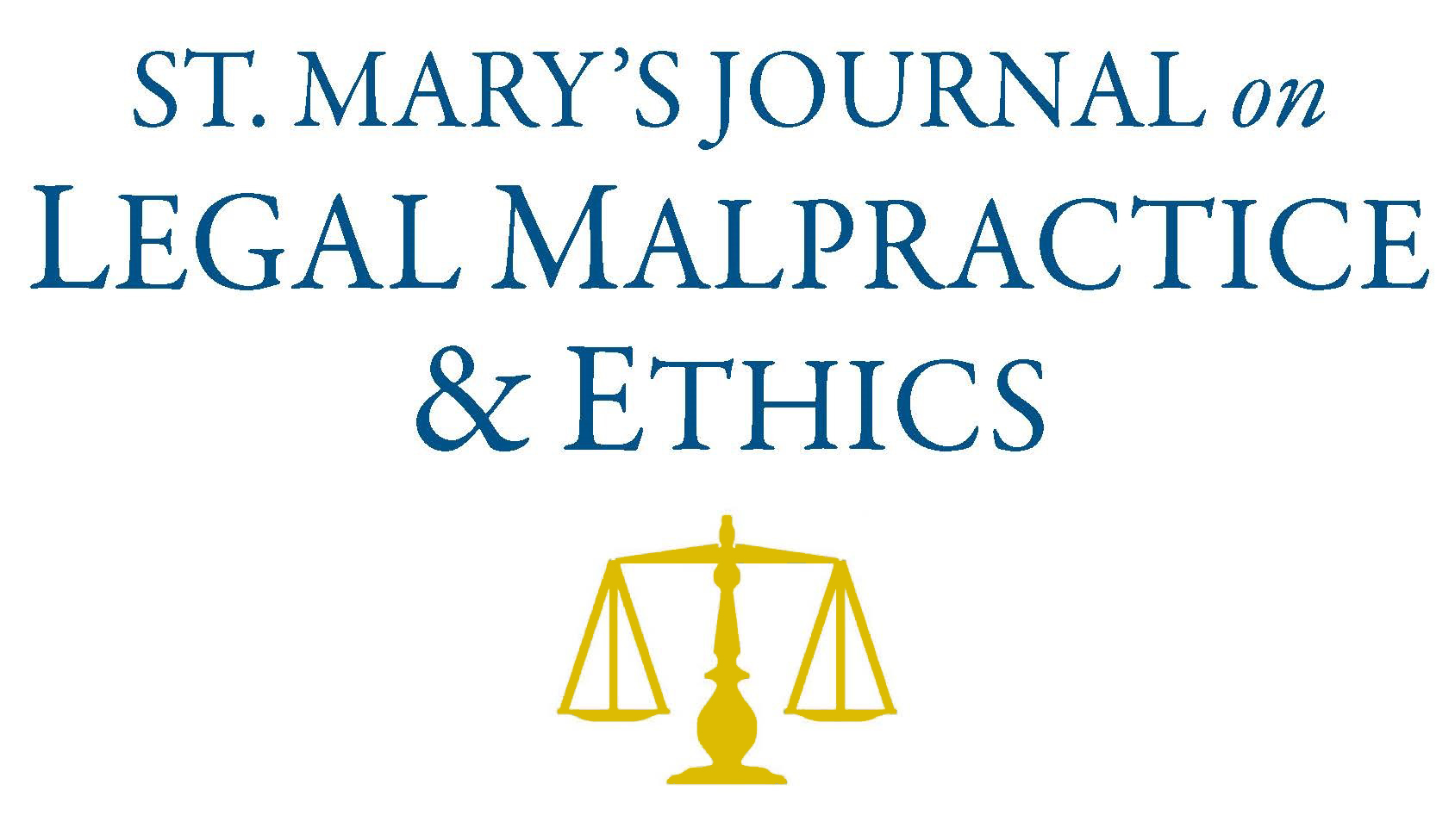
First Page
58
Date Created
1-4-2022
Publisher
St. Mary's University School of Law
Editor
Bailey Rider
Last Page
92
Abstract
Judicial law clerks hold a unique and critical position in our legal system. They play a central part in the functioning of the judiciary, oftentimes writing the first draft of their judge’s opinions and serving as their trusted researcher and sounding board. Moreover, they are privy to the many highly confidential processes and private information behind the important work of the judiciary. It stands to reason the comprehensive set of ethical duties that bind the world of lawyers and judges should also provide guidance for judicial law clerks. The most important among those ethics rules is a duty of confidentiality. Without such a rule, after one’s clerkship, nothing enforces the commonly known duty. It is difficult to study the extent to which chambers’ confidences are breached in the practice of law, but books like The Brethren reveal the ways clerks have shared confidential judicial details with the public. Even the well-intentioned clerks, who make up the overwhelming majority, are given little to no guidance on the types of information they may ethically disclose. And there are other areas where guidance would be beneficial, such as post-clerkship recruiting and the limits on partisanship behavior during the clerkship.
During the clerkship, when clerks are bound by the judiciary’s comprehensive guidance, they have limited ability to differentiate between that which is a contractual obligation and that which is a professional responsibility. Such line drawing is an important exercise in the practice of law, which is founded on an underlying lattice of professional ethics. After the clerkship, they are bound to the judiciary by little more than their personal sense of responsibility and non-enforceable guidance. This Article will recommend that state bar associations consider providing additional guidance to law clerks, particularly by promulgating a rule establishing a duty of confidentiality to the judiciary following one’s clerkship.
Recommended Citation
Gregory Bischoping,
Reconceiving Ethics for Judicial Law Clerks,
12
St. Mary's J. on Legal Malpractice & Ethics
58
(2022).
Available at:
https://commons.stmarytx.edu/lmej/vol12/iss1/2
Included in
Courts Commons, Judges Commons, Legal Ethics and Professional Responsibility Commons, Legal Profession Commons, Legal Remedies Commons, Supreme Court of the United States Commons

